SCO Summit in Astana: What to Expect?
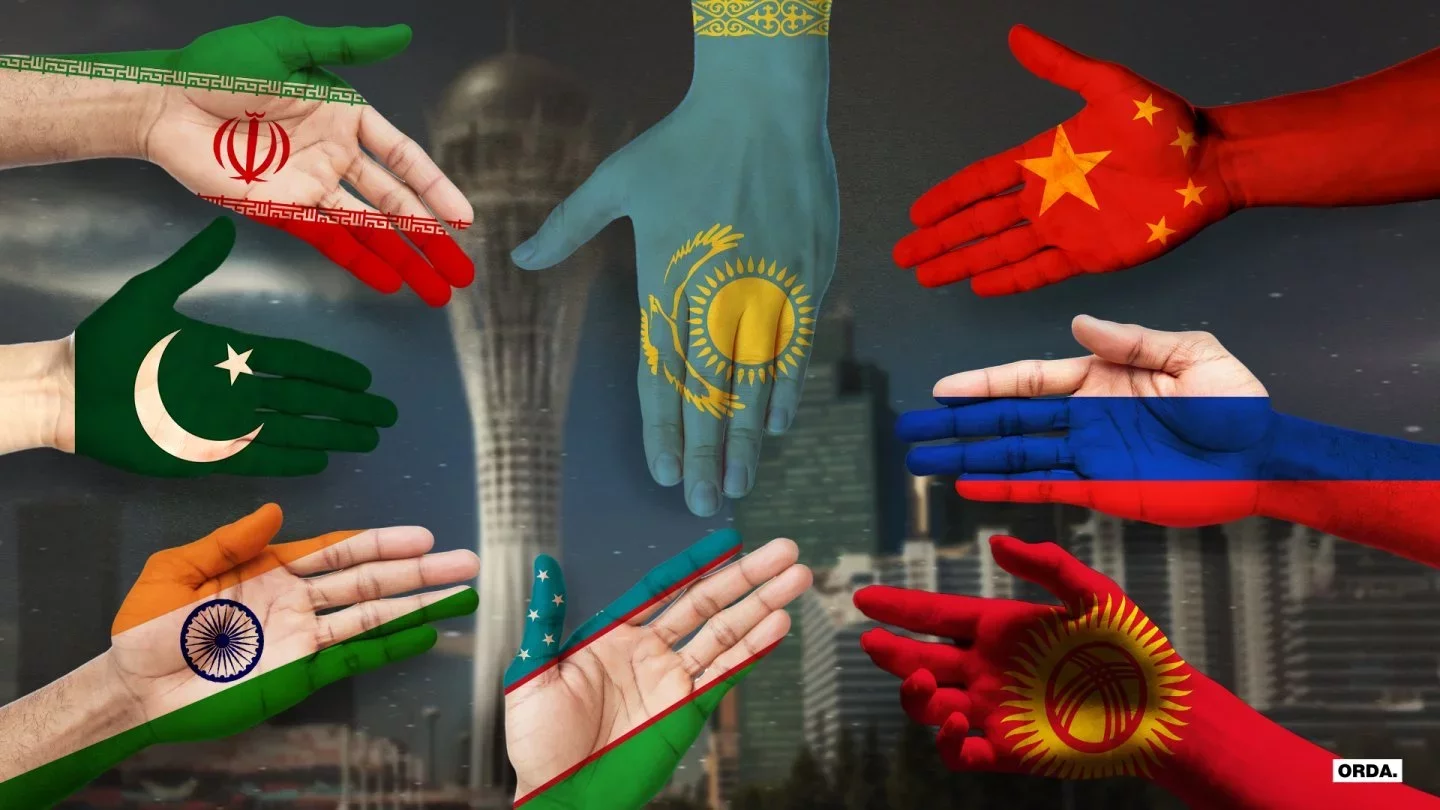
The Shanghai Cooperation Organization summit is a notable diplomatic achievement For President Qasym-Jomart Toqayev. Astana will host the leaders of states with 45% of the world's population and become a significant political platform.
Dialogues over Conflicts
Qasym-Jomart Toqayev has consistently promoted a policy of peaceful cooperation with all centers of power simultaneously. He will act in the same capacity during the summit, seeking to help major political players progress from confrontation to dialogue. This is no easy task, as even SCO members have conflicted.
In an article for The Geopolitics, American political scientist Michael Rossi notes Kazakhstan's unique role. Kazakhstan is able to maintain positive relations with all the powers involved in global conflicts: China, the USA, Russia, and the EU. Astana will also attempt to smooth out the confrontations within the SCO to the best of its ability.
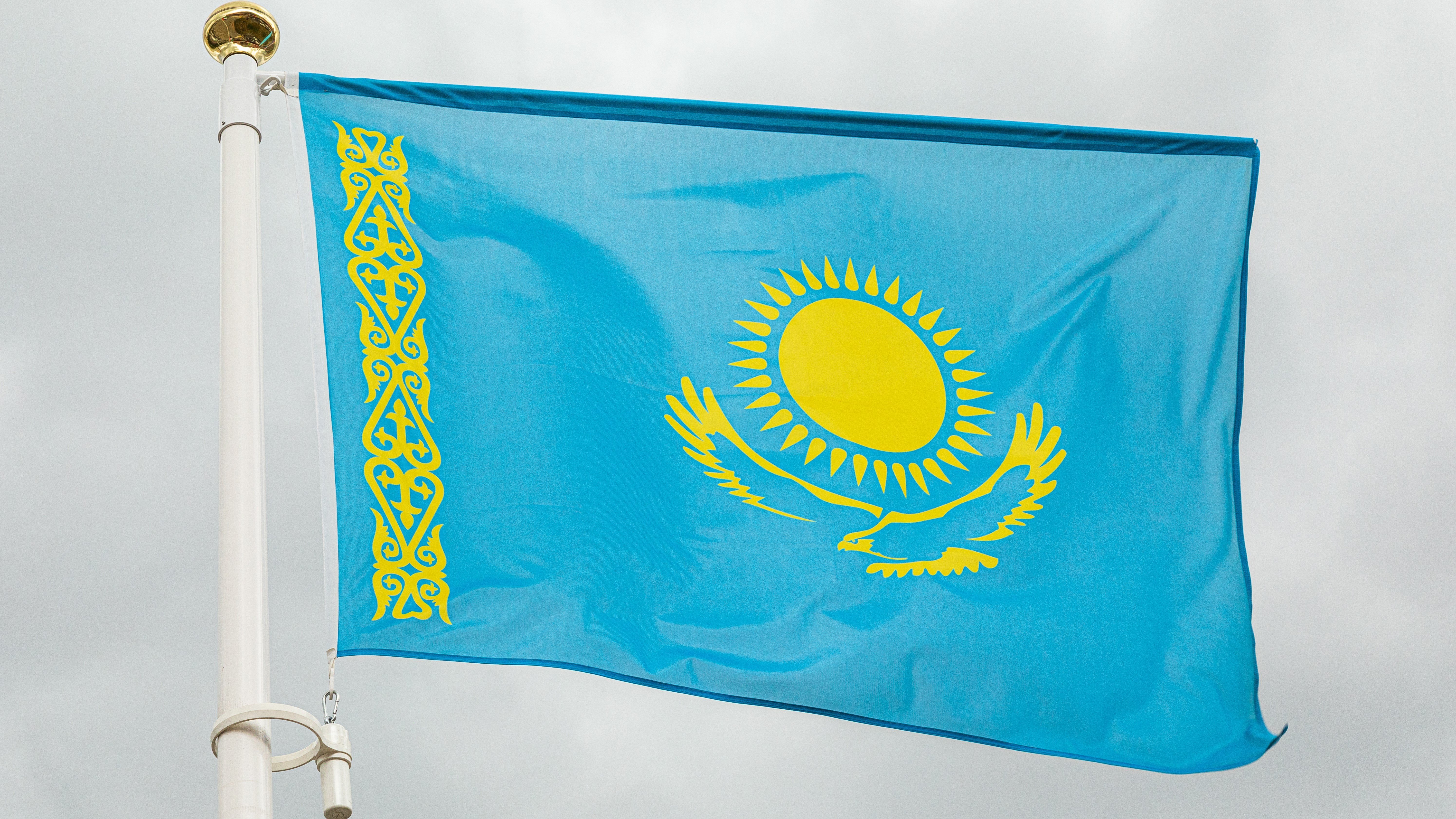
Kazakhstani political scientist Valery Volodin notes that Kazakhstan strives for the broadest, most equal, and most comprehensive dialogue with global partners. President Toqayev promotes indivisible Eurasian security, which should ensure regional and global peace and prosperity.
It is reasonable that each state will defend its interests. Thus, Kazakhstan will focus on regional stability, allowing it to implement many national interests and joint projects with China and Russia. In addition, the diplomatic talent of Qasym-Jomart Kemelevich will push the Shanghai Cooperation Organization to become not just a discussion club but a real mechanism for solving problems in Eurasia through diplomacy, says Valery Volodin.
The political scientist draws attention to the initiative and, in fact, the official motto Kazakhstan will put forward at the upcoming summit: “On World Unity for Just Peace and Harmony.” These words allude to a request for a more pluralistic, diverse, and dialogue-oriented picture of international relations.
It sounds so refined as if we are for everything good and against everything wrong, but, in fact, this initiative once again pedals the theme of an incorrect and dishonest world with only one pole of power, meaning the United States of America, Valery Volodin believes.
Foreign experts also point to Astana's wording when describing the summit's goals and objectives. According to American professor Michael Rossi, Kazakhstan offers a more modern path of "Great Opportunities" instead of the "Great Game" concept.
Astana is persistently telling the world that cooperation and dialogue will lead to global prosperity. However, only time will tell if the world powers will listen, notes Michael Rossi.
Russian political scientist and head of the Political Expert Group Konstantin Kalachev also draws attention to Kazakhstan’s peacekeeping initiatives.
I believe the focus will be on the matter of ensuring security and stability in the organization's space. The theme of the Astana summit speaks for itself - 'Strengthening multilateral dialogue - striving for sustainable peace and development.' They will discuss threats, consider risks, declare respect for sovereignty and the desire for peace, says Konstantin Kalachev.
Kazakhstan has common topics for discussion with almost every major SCO member and matters best discussed behind closed doors.
A Hungry Tiger
China is one of Kazakhstan's largest partners in trade turnover ($41 billion in 2023) and the number of joint energy projects. China's participation in oil production projects in Kazakhstan is at least 16%, and according to some estimates, it reaches 20-25%.
China is also the leader in the number of investment projects related to renewable energy sources in Kazakhstan. Energy issues will, therefore, be a discussion topic. Indeed, the new KMG head met with the chairperson of the board of directors of China's CNPC before the event.
The implementation of the One Belt, One Road initiative and Chinese investments in Kazakhstan's industry will also be addressed. Chinese President Xi Jinping will likely be the primary guest at the summit, and his statements are currently receiving increased attention.
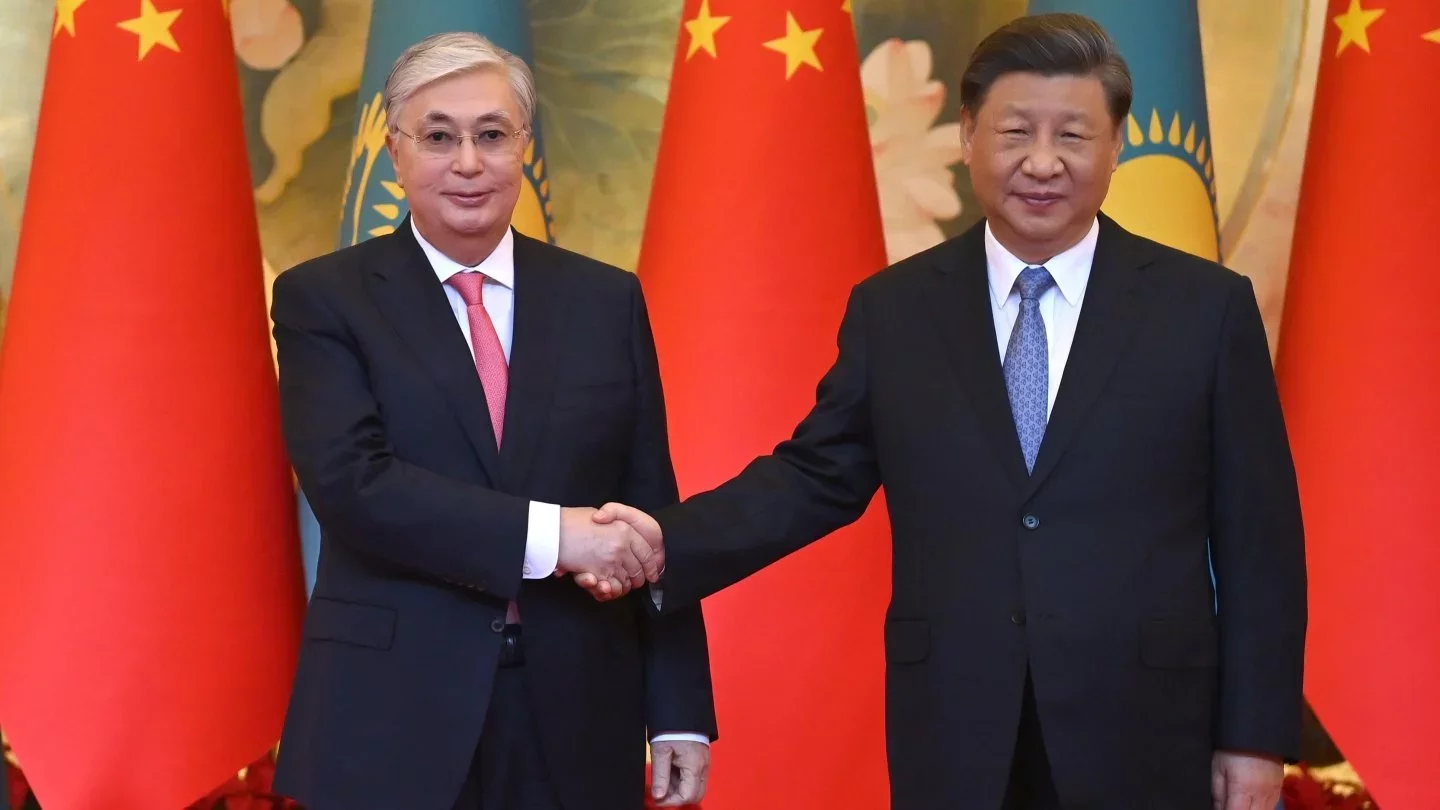
In the changing international environment, we are facing unprecedented threats and challenges to comprehensive, mutually beneficial cooperation between China and Kazakhstan, but at the same time, it creates new chances and opportunities, says an article Xi Jinping wrote for Kazinform.
At the Astana summit, there may be a statement condemning the “unipolar world” and causing concern among individual SCO countries counting on cooperation with the US. The idea of the SCO as one of the centers of the new world order meets the aspirations that Xi Jinping is demonstrating.
The SCO does not position itself as either a military bloc or an organization of direct security in the region, so it can be said that the Shanghai Cooperation Organization is today trying to model a new multipolar world order. In general, attempts to create new poles of power on the platforms of the SCO, CSTO, and CIS are noticeably increasing in connection with the isolation of Russia and the tension between the "global West" and China,Valery Volodin points out.
What will remain behind the scenes, if mentioned at all, is the recent leak of Kazakhstanis' personal data. Chinese hackers were involved. Kazakhstan's officials have made every effort to ensure China's involvement in this story was not peddled. If any joint Kazakh-Chinese statements on cybersecurity are made at the summit, they will likely raise eyebrows.
Russia
Kazakhstan's economic and energy dependence on its northern neighbor remains high. Russian authorities are seeking logistical routes around and through Kazakhstan.
Meanwhile, in recent months, individual Russian politicians' statements have caused Kazakhstan's society to grow tense.
Russian political scientist Konstantin Kalachev believes the summit will ignore all the inconvenient issues, primarily the problems related to the sanctions. According to the expert, such events are like a showcase of international relations. Thus, only working issues will be resolved there.
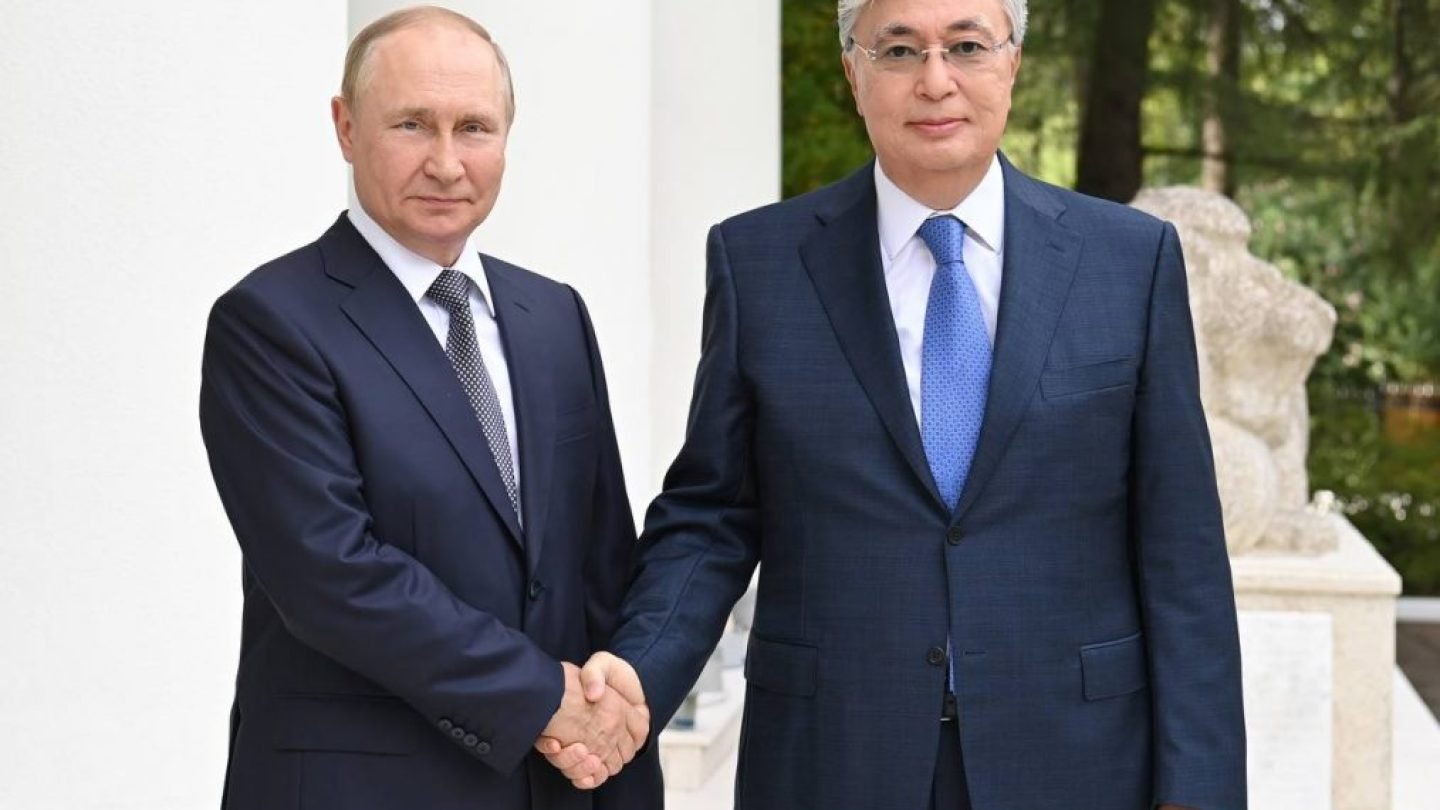
Political, trade, economic, cultural, and humanitarian cooperation generally satisfies both sides. And the nuances can be discussed without the SCO. The topic of terrorist threats will certainly be raised, as will the general desire for multipolarity,Konstantin Kalachev is confident .
Qasym-Jomart Toqayev had offered assistance to the Russian authorities after the terrorist attacks in Dagestan.
Energy, as with China, will also be a topical matter. The discussion may concern issues of gas supply to the northern regions of Kazakhstan, the purchase of electricity, and the implementation of a project to build new thermal power plants in Kazakhstani cities. The project will involve Russian investment. Before the summit, KMG and Russian Sibur representatives discussed implementing the Sileno project to build a gas chemical complex to produce polyethylene in the Atyrau region.
There is reason to believe the topic of possible cooperation with Rosatom for Kazakhstan's first nuclear power plant will be addressed at the summit, be it openly or discreetly. Russia, along with South Korea, remains a leading contender.
Communication between Qasym-Jomart Tokayev and Russian President Vladimir Putin at the summit in Astana can be expected to be formal.
Kyrgyzstan and Uzbekistan
Energy also extends to Kyrgyzstan and Uzbekistan.
A strategy for energy cooperation will be adopted in Astana, and prospects for joint projects in energy, oil and gas exploration, ecology, and water resources will be considered. All these topics directly affect our national interests, and, ultimately, every citizen of Kazakhstan, emphasizes Valery Volodin.

Kyrgyzstan and Uzbekistan have much to discuss with Kazakhstan's authorities, primarily the Kambarata Hydroelectric Power Station-1. Environmentalists do have mixed feelings about this long-term construction project. However, issues of general energy security and equal access to water resources may be the main topics for negotiations between Kazakhstan and its closest Central Asian neighbors.
As Askar Alimzhanov, a columnist for The Times of Central Asia, notes, Kazakhstan and Uzbekistan, the two largest economies in Central Asia, actively competed for regional supremacy after the collapse of the Soviet Union.
The two countries have gone from rivals to allies, however.
The recent visit of Russian President Vladimir Putin to Uzbekistan caused some experts to ponder the idea of “Moscow favoring Tashkent.” The summit will still benefit Qasym-Jomart Toqayev and Shavkat Mirziyoyev, allowing Kazakhstan and Uzbekistan to develop a joint development strategy more thoroughly.
Instead of rivalry, which occasionally goes beyond constructive, Uzbekistan and Kazakhstan appear to have decided to consolidate their efforts and work as a team with their neighbors in the region, concludes Askar Alimzhanov.
No Hard Feelings, New Members
Indian Prime Minister Narendra Modi will reportedly not attend the summit. Supposedly, he does not want to “be part of anti-American statements." Pakistan's presence may have also been a factor. Pakistani-Indian relations remain tense.
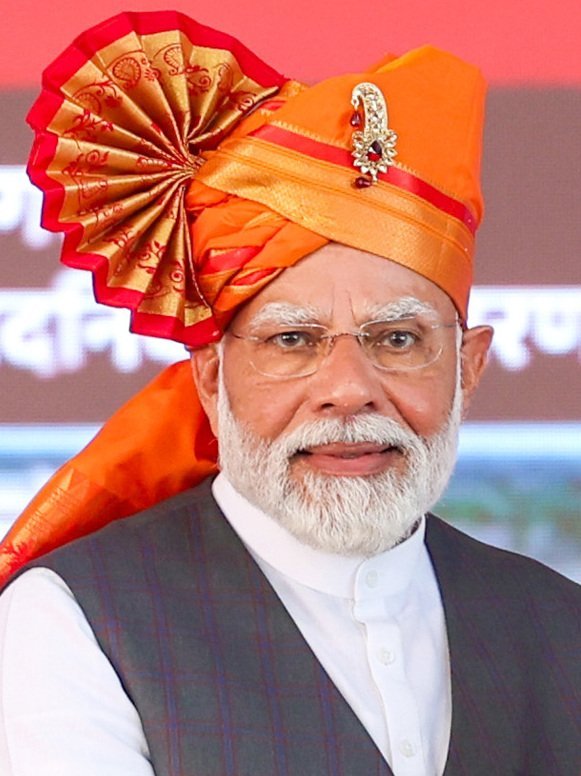
Kazakhstan will likely try to mediate the relations between India and its neighbors. Narendra Modi has enough other problems to solve. Therefore, his unwillingness to visit Astana is tactful prioritization.
Pakistani Prime Minister Shahbaz Sharif intends to visit Astana. He plans to “share Pakistan’s views on important regional and global issues” and reaffirm that Islamabad will jointly make every effort to address these issues within the SCO.
Mutual understanding and the creation of confidence-building measures among the SCO states is a rather difficult matter, especially when the Chinese side is actively striving for economic hegemony in the region and can easily subjugate other participants. In recent years, the number of conflicts that draw SCO states into their orbit has increased. China and India, like Pakistan and India, are unable to resolve border conflicts in the near future. The threats of terrorism and extremism are reaching a new level, and there is a good chance that they will affect the SCO states, notes political scientist Valery Volodin.
Meanwhile, Belarus has requested to join the SCO, and Afghanistan may end up on this list, given recent political shifts regarding the Taliban.
The expansion of the SCO is a reasonable measure, which, however, creates additional centers for discussion and decision-making, increasing the already complex bureaucratic processes. But the introduction of a larger number of states fully meets the logic of the SCO's existence, Valery Volodin summarizes.
Afghanistan will also become a topic of discussion between the SCO states, especially Iran and Pakistan. The topic also concerns other member states, such as Uzbekistan, which risks losing water due to the Kosh-Tepa canal.
Original Author: Nikita Drobny
DISCLAIMER: This is a translated piece. The text has been modified, the content is the same. Please refer to the original piece in Russian published on 03/07/24 for accuracy.
Latest news
- Foreign Minister Nurtleu Represents Kazakhstan at BRICS Summit
- Russia Approves Duty-Free Oil Supplies to Kazakhstan Through 2028
- Trump Sends Tariff Warning Letters to Global Leaders, Including Over Kazakh Imports
- Russia’s Transport Minister Roman Starovoit Dies by Suicide After Resignation
- Almaty Celebrates National Dombra Day
- Trump Threatens 10% Tariff on Countries Supporting BRICS Policies
- Why Did Kazakhstan’s President Not Attend the Azerbaijan Summit?
- Beijing Celebrates Dombra Day with Kazakh Music Performance
- Kozhamzharov’s Circle: What Are Investigators Hoping to Find?
- “I Want to Be Nazarbayev”: How Academician Yespolov’s Grandson Joined the Elbasy Clan
- Armenia Denies Russian Military Reinforcement at Gyumri
- Mayors Detained in Türkiye as Part of Fraud Investigation
- Olesya Keksel Reportedly Involved in Criminal Case Over BTA Bank Torture Allegations
- Mother of Conscript Claims Son Was Committed to Psychiatric Institution Without Consent
- President Toqayev Sends Nazarbayev Birthday Wishes
- Toqayev Appoints New Ambassadors in Series of Diplomatic Changes
- Unidentified Object Resembling Drone Found in Atyrau Region
- Trump and Zelenskyy Discuss Air Defense Needs
- Rapper Qurt: Wife Withdraws Statement in Court
- Head of Azerbaijani Cultural Autonomy in Moscow Region Reportedly Loses Russian Citizenship

